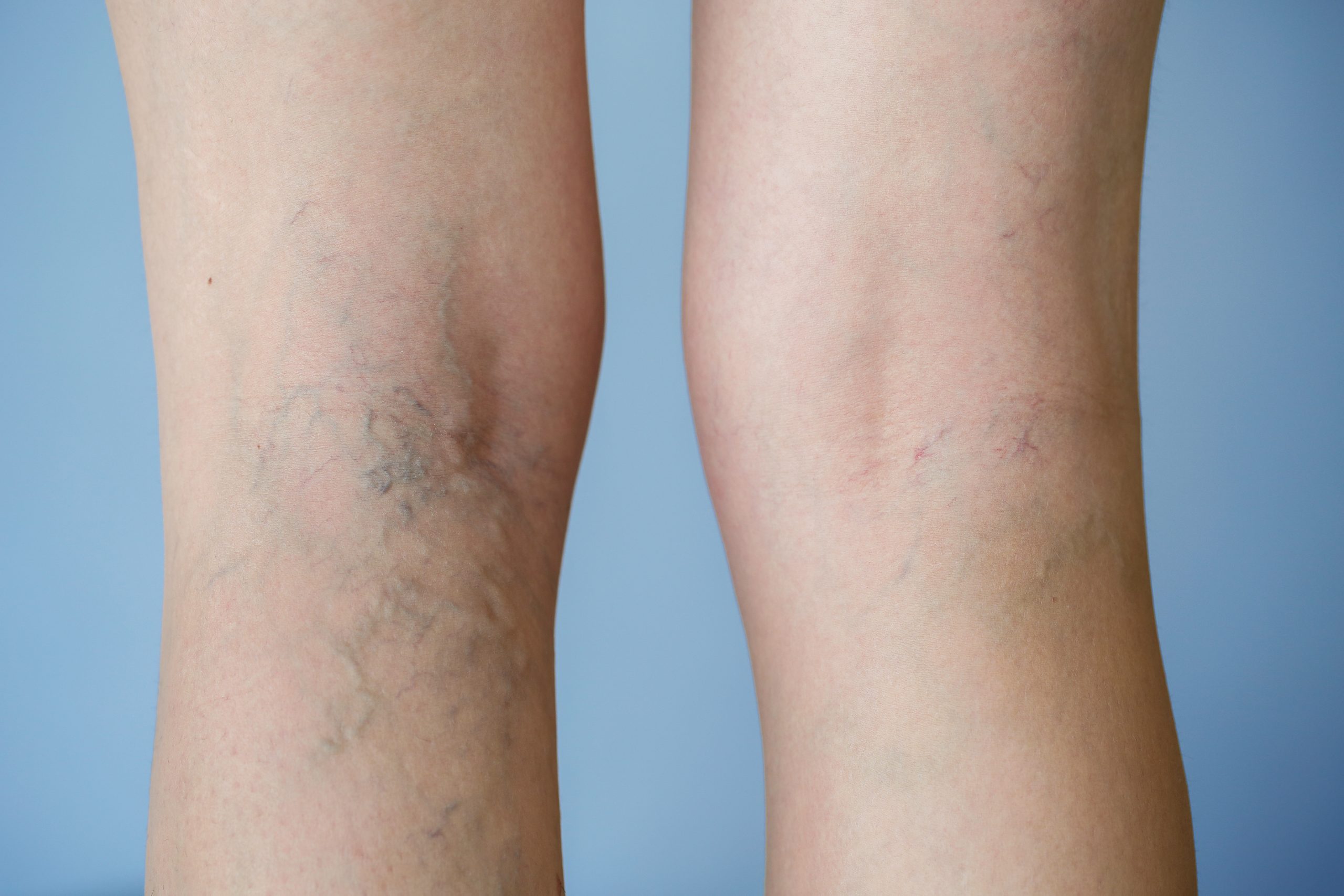Regaining mobility is a top priority for those affected by blood clots in the deep veins, particularly in the legs. For individuals searching online for solutions, the phrase Deep Vein Thrombosis in Baltimore, MD, often leads to information about local treatment options, management strategies, and recovery guidance. Understanding the available choices can help patients make informed decisions and take proactive steps toward recovery.
Understanding Deep Vein Thrombosis
Deep vein thrombosis (DVT) occurs when a blood clot forms in a deep vein, commonly in the lower limbs. This condition can cause pain, swelling, and limited mobility. If left untreated, DVT may lead to complications such as pulmonary embolism. Early diagnosis is essential for effective intervention and improved outcomes.
Medical Treatment Approaches
The primary goal in managing DVT is to prevent clot growth and reduce the risk of complications. Anticoagulant medications, often called blood thinners, are the first line of treatment. These medications help prevent new clots from forming and keep existing clots from enlarging. In some cases, thrombolytic therapy may be recommended to dissolve larger clots more rapidly, especially if symptoms are severe.
Minimally Invasive Procedures
For certain patients, minimally invasive procedures can provide significant relief. Catheter-directed thrombolysis is a technique in which medication is delivered directly to the clot through a catheter, promoting faster clot dissolution. Additionally, the placement of an inferior vena cava (IVC) filter may be considered for individuals who are unable to take anticoagulants, protecting against clots that could travel to the lungs.
Recovery and Regaining Mobility
Physical rehabilitation and lifestyle adjustments play a crucial role in regaining mobility after DVT. Graduated compression stockings are often used to improve blood flow and reduce swelling. Regular, gentle exercise under medical supervision can help restore function and prevent future clots. Ongoing communication with healthcare providers ensures that treatment remains effective and tailored to individual needs.
Anyone concerned about symptoms or seeking more information on treatment options is encouraged to consult a qualified vascular specialist. Prompt action can make a significant difference in recovery and long-term health.
For those looking for a reliable solution in the region, National Vascular Associates stands out as a trusted partner for comprehensive DVT care and ongoing support in Baltimore, MD.

